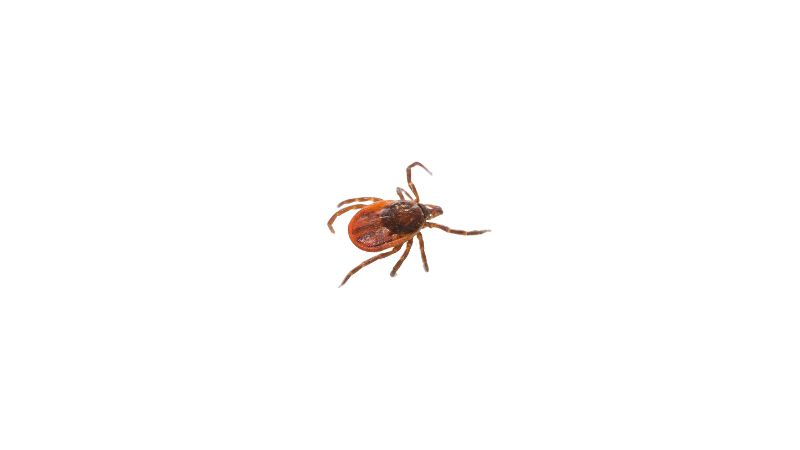Tick prevention is crucial in Massachusetts for various reasons. The prevalence of these blood-sucking arachnids is much cause for concern.
Massachusetts is home to different species of ticks, some of which can transmit diseases to humans. Here are four compelling reasons why tick prevention is essential in Massachusetts.

1. Lyme Disease
Massachusetts consistently ranks among the states with high reported cases of Lyme disease. This tick-borne illness is caused by the bacterium Borrelia burgdorferi. Deer ticks, also known as black-legged ticks, are common carriers of this bacterium. These ticks thrive in wooded areas and tall grasses, which are prevalent in Massachusetts. Lyme disease can have severe consequences. It can adversely affect the joints, heart, and nervous system if left untreated. Tick prevention measures are the key to preventing Lyme disease. You should use tick repellents and wear protective clothing out in nature. And don’t forget to call in the professionals to treat your property for ticks.
2. Lesser-Known, Emerging Tick-Borne Illnesses
Beyond Lyme disease, Massachusetts faces emerging threats from other tick-borne diseases. The region has witnessed an increase in cases of diseases like babesiosis, anaplasmosis, and Powassan virus. These illnesses are all transmitted by ticks, some of which have only arrived in Massachusetts in recent years.
Babesiosis is caused by microscopic parasites that infect red blood cells. It can result in mild to severe symptoms, particularly in individuals with weakened immune systems.
Anaplasmosis is caused by the bacterium Anaplasma phagocytophilum. It can lead to flu-like symptoms, which if not treated promptly, may cause complications.
Powassan virus, although rare, can have severe consequences, including encephalitis. When Powassan results in encephalitis, the afflicted individual has a 1 in 3 chance of dying. Effective tick prevention measures become crucial to mitigate the risk of these emerging tick-borne diseases.
3. Recreational Opportunities Aplenty
Massachusetts boasts a diverse landscape that attracts outdoor enthusiasts. From hiking trails to coastal areas and parks, the state offers an array of recreational opportunities. However, these environments also provide ideal tick habitats. Those who love outdoor exploits, such as hiking, camping, or gardening, are at an increased risk of tick exposure. Wearing long sleeves, using repellent, and staying on designated paths will help allay that risk.
4. Livestock, Pets At Risk
Tick prevention does not stop with humans. We must also protect our pets and livestock. Ticks can transmit diseases to animals, posing a threat to both pets and livestock. In Massachusetts, where agriculture and pet ownership are significant, proper tick prevention measures are vital. This includes using tick control products recommended by veterinarians, regular grooming to check for ticks, and maintaining a safe environment for pets and livestock. Professional tick control services will augment the aforementioned measures.
Search for tick control near me and choose a trustworthy tick prevention company.
Tick control and prevention are of utmost importance in Massachusetts. Taking proactive measures to prevent tick bites is a shared responsibility that contributes to the well-being of individuals and communities across the state. Professional tick control methods are available for homes and businesses, which offer protection all year in Massachusetts.





